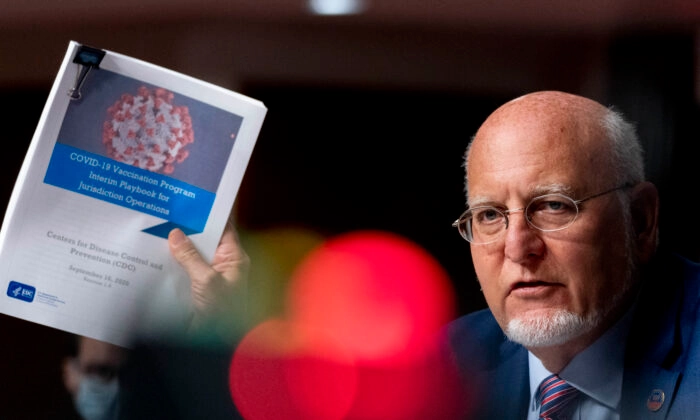Leading by Example: Principality of Liechtenstein Takes a Critical Look at the WHO Agreement
While criticism of the WHO pandemic treaty and the changes to the International Health Regulations are hardly being heard in my country, the Principality of Liechtenstein is setting a good example: None other than Hereditary Prince Alois of Liechtenstein was present at a lecture by Swiss lawyer Philipp Kruse on 7th February. Several members of parliament also listened. Lawyer Dr. Christian Presoly pays tribute to this strong signal in an exclusive guest article.
Source: 14 Feb 2024, report24.news: A guest article by lawyer Dr. Christian Presoly
The WHO is planning major changes to its International Health Regulations (IHR 2005) and a new pandemic treaty at its health conference in May 2024. Both sets of regulations are intended to make the WHO’s recommendations, which have only been non-binding to date, obligatory for all member states. The WHO Director-General – and not a panel of experts – is entitled to decide when a regional or global pandemic or even just a situation with the potential to become a pandemic exists. In both cases, the WHO Director-General alone should then be able to determine measures ranging from lockdowns and quarantine to enforced treatment, and the member states would be obliged (!) to implement them. Moreover, all of this is to take place without any control mechanisms: The member states and their citizens therefore have no opportunity to have the decisions of the WHO Director-General reviewed by a court or independent panel of experts and, if necessary, amended.
If you also consider the financing of the WHO, over 80% of which does not come from the member states but from donors, who only make this money available when it is used for specific purposes, it is quite clear that they have a great deal of influence over the WHO. Such an abundance of power at the head of the WHO should therefore be scrutinised very critically, because it could be heavily influenced by the donors.
A small detail in passing: as it can be seen on the WHO website, as much as 21% of the WHO’s financial resources either come directly from the Bill & Melinda Gates Foundation or are clearly under its influence (GAVI) . These funds from the Bill & Melinda Gates Foundation are – unsurprisingly – only made available for specific purposes. Now that the Bill & Melinda Gates Foundation has, according to Bill Gates´s own statements at the WEF in 2019, made the biggest profits of all time from the vaccination industry (Gates declared that he had turned an investment of 10 billion USD into an impressive 200 billion (!)). The question rightly arises as to whether the Bill & Melinda Gates Foundation, and other major investors, only have the well-being of humanity in mind, or whether their own economic interests are more important to them when it comes to financing the WHO.
All of this should set alarm bells ringing for anyone who thinks in terms of democracy and the rule of law. After all, why should all WHO guidelines now become binding when pretty much all states have followed them more or less unquestioningly up to now anyway? Why should the decision on the existence of a pandemic and the related measures lie with just one person and not with a panel of experts? Why are there no controls possible – especially when only one person decides and the WHO is so financially dependent?
These WHO plans should therefore be scrutinised very critically and should be causing parliamentary debates and headlines in our media. Interestingly, however, this is not the case: even in response to urgent calls from a wide range of organisations, this issue is not heard by the Austrian government or the Austrian mainstream media, but is dismissed as a trifle.
Fortunately, Liechtenstein is different. In the Principality, this topic is even receiving attention from the highest level, namely the Princely House itself, so that politicians are also addressing the issue. At a presentation by Swiss lawyer Philipp Kruse on 7th February 2024, when he gave a lecture on these planned changes, His Serene Highness Hereditary Prince Alois attended and was welcomed in person. Several members of parliament also took the time not only to listen to the presentation, but also to discuss the key points of the planned changes in a preliminary meeting with the Hereditary Prince.
Liechtenstein proves once again that it is not the size of the country that is decisive, but rather that the people responsible are open to deal with the problems at hand. This is the only way to find solutions! Keep up the good work, Liechtenstein! I hope that many other countries will follow your example!
Suggest a correction







